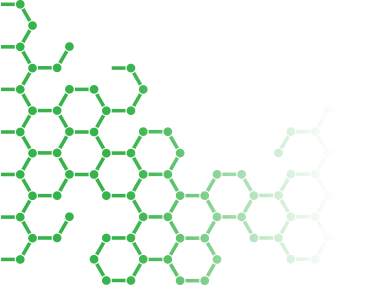2015/09/03
Femtopath citation updated-1
<Title>
Identification of real-time PCR-negative EGFR mutations by direct sequencing test
<Author>
Background: High percentage of patients with non-small cell lung cancer (NSCLC) has EGFR activating mutations in Taiwan and responses to EGFR inhibitors such as Tarceva (1, 2, 3). Timely molecular diagnosis is critical and molecular testing should be performed before treatment for the individual patient. It is important to develop an effective molecular diagnostic method for accurately detecting mutations and preventing false positive results. Therefore, we used a universal genetic detecting method (FemtoPath) to increase sensitivity of gene mutation detection and improve the sensitivity limitation (0.1%). Our previous reports indicated that FemtoPath/direct sequencing test is more sensitive, accurate and inexpensive than Cobas KRAS real- time PCR mutation test.
Methods: In this study, we compared two molecular testing methods for the detection of EGFR mutation; the direct sequencing and the real-time PCR.
Results: FemtoPath EGFR direct sequencing test identified mutations in 57 of the 73 tumors (77.03%) and Cobas EGFR mutation test identifies mutations in 53 of the 73 tumors (72.97%). Six negative results obtained by Real-Time PCR test were re-confirmed to be positive by direct sequencing test. From the results above, FemtoPath/direct sequencing test not only accurately detected all of the mutations, but also identified mutations adjacent toexons 18, 19, 20 and 21 of the EGFR gene. In 52 consensus cases of EGFR mutation obtained from both methods, there were 10 major discrepancies including two S768, four Exon 19 deletion, one L858, five T790, and one exon 20 insertion in this experiment.
Conclusions: FemtoPath/direct sequencing test has lower invalid rate than Real-Time PCR test while fewer sample amount was required with increased detection efficiency of unknown mutation site.
<Link>
http://meetinglibrary.asco.org/content/116401-132





